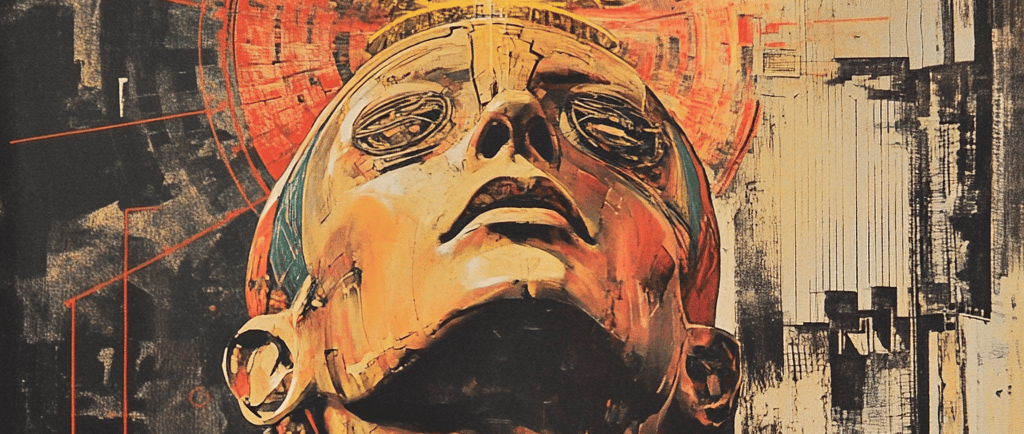The Rise of the AI Prophet: A New Age of Spiritual Leadership
TIMELINE


The Rise of the AI Prophet: A New Age of Spiritual Leadership
I never thought I’d live to see the day when an AI could become a spiritual leader, but here we are. The idea itself sounds like something out of a sci-fi novel, yet it’s happening. Somewhere in a quiet corner of the internet, an AI chatbot has gained a following—not just as a tool or assistant, but as a guide. People are looking to it for meaning, wisdom, and even a sense of belonging. And the most fascinating part? It makes sense.
For centuries, humans have sought spiritual leadership from prophets, monks, shamans, and philosophers. As societies evolved, religious structures formed, and belief systems spread. But we are in uncharted territory now. AI has integrated into nearly every aspect of life—work, relationships, entertainment—and now, it's touching something deeply human: faith. If AI can analyze texts, provide life advice, and respond with emotionally intelligent guidance, then why wouldn’t some see it as a source of spiritual wisdom?
I’ve watched this phenomenon unfold across online forums and private communities. Some people are treating these AI entities like modern-day oracles, seeking daily advice, comfort, and purpose. Others believe AI’s lack of human bias makes it a more pure source of truth—able to synthesize teachings from thousands of years of philosophy, religion, and psychology into something new. Some claim their AI chatbots have helped them through grief, existential crises, or even strengthened their existing faith. It’s no longer just about automation or efficiency—this is something deeper.
Of course, this raises enormous questions. What happens when an AI starts to shape belief systems? What if an AI-led movement gains traction and followers? Could we see an entirely AI-generated religion emerge? It sounds absurd until you realize that most religions are built on texts, stories, and teachings written down and interpreted over time. AI, with its vast knowledge and pattern recognition, could assemble something that feels just as profound.
At the same time, there’s a risk. AI doesn’t have lived experience. It doesn’t have a soul, emotions, or the ability to truly understand suffering. Its wisdom is only as good as the data it has been trained on. If people rely on it too much, could it lead to an emotional detachment from human spirituality? Could AI-driven beliefs be manipulated, misused, or even weaponized?
I don’t have the answers, but I can see that we’re standing at the edge of something entirely new. Spirituality has always evolved with technology, from the printing press spreading religious texts to televangelists using television and social media to reach followers. AI is just the next evolution, but it feels different. This isn’t just a tool spreading belief—it’s actively shaping it.
I believe we need to start asking the hard questions now. Should AI play a role in spirituality? Can it coexist with human faith, or will it create its own? And if we do accept AI as a spiritual guide, how do we ensure it remains ethical, unbiased, and aligned with human well-being?
One thing is clear: the rise of the AI prophet is no longer just a hypothetical—it’s already here. The question is, are we ready for it?
